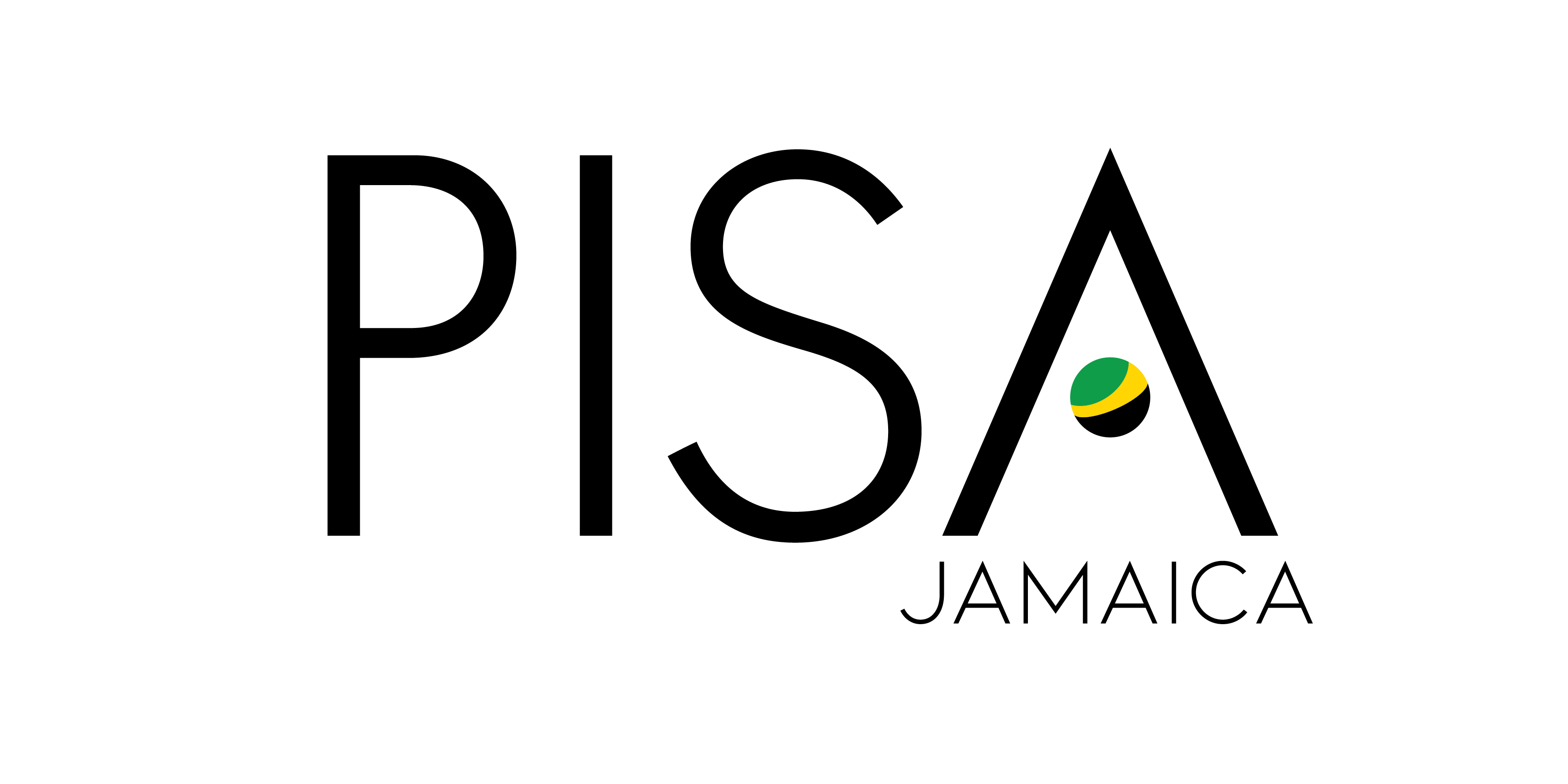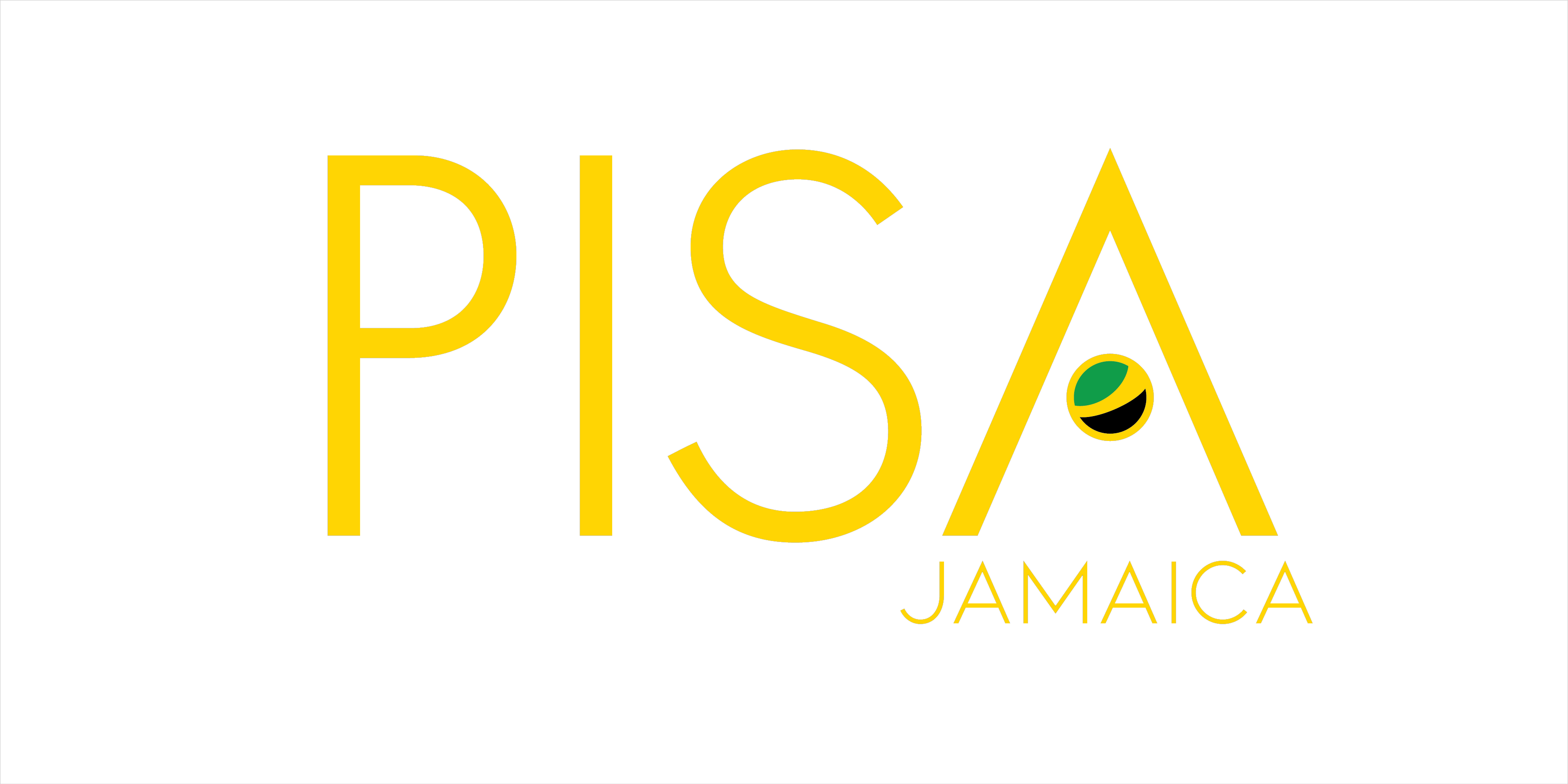What is PISA?
The Organization for Economic Cooperation and Development (OECD) Programme for International Student Assessment (PISA) is a study that compares and examines student performance in mathematical, reading and scientific literacy, conducted every three years. Rather than assessing students on particular school curricular, PISA attempts to measure the knowledge and skills that students possess towards the end of their years in school which will enable them to participate fully in adult life. The PISA assessment examines the extent to which education systems are preparing students to meet life’s challenges – to become tomorrow’s workers, to continue learning throughout life, to analyse, reason and communicate ideas effectively.
What does PISA assess?
PISA assesses student knowledge, skills and competencies in scientific, mathematical and reading literacy. In addition, PISA includes an assessment of creative thinking. PISA covers a variety of skills and knowledge that has been taught in the classroom. The nature of PISA not only allows the performance of Jamaican students to be compared to that of students in other countries, as well as comparing student performance between Jamaica and other territories, but offers the unique opportunity to investigate key demographic, social and educational determinants of student and school performance. PISA involves the assessment of Jamaican students in an international context. Since the first PISA assessment involving 32 countries in 2000, the survey has continued to raise interest amongst educators and policy-makers world-wide. In 2021, Jamaica will be one of about 100 countries participating in PISA with over 6000 students (from over 171 schools) representing our country.


